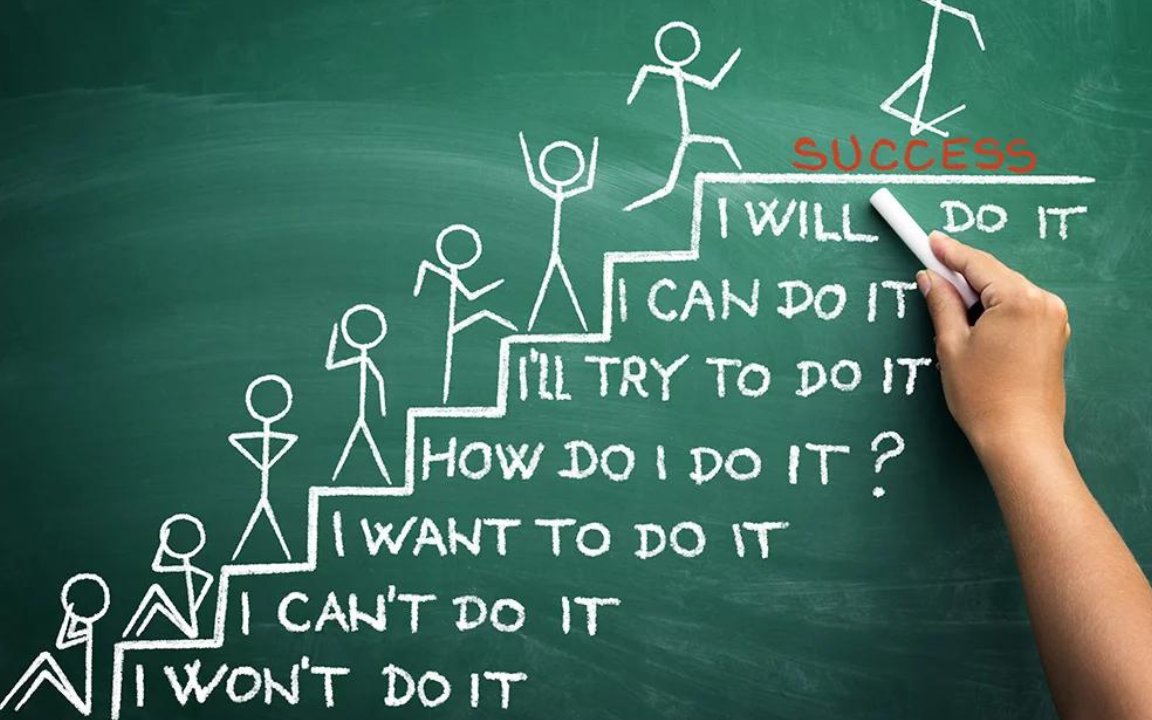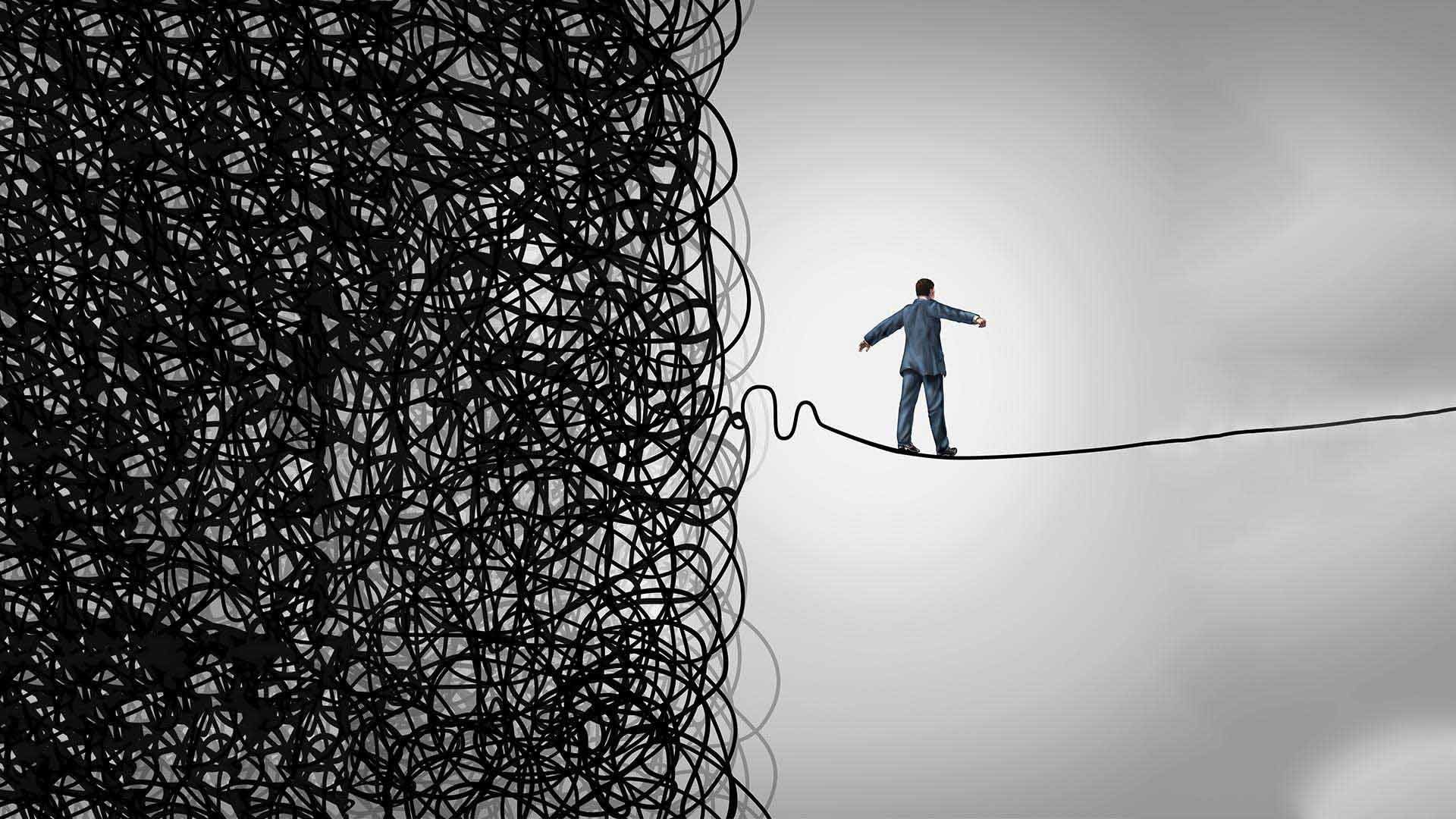The Hidden Truth About DEI: Is It Helping or Hurting Us?
The world is debating a vital question: Do Diversity, Equity, and Inclusion (DEI) programs truly deliver on their promises? For decades, organizations have poured millions into initiatives aimed at creating opportunities for underrepresented groups, celebrating differences, and fostering inclusion. But here’s the hard truth: DEI programs often benefit organizations far more than the people they claim to help.
But here’s the real question: Why would you want to work for a company or attend a school that feels compelled to hire or admit you just to meet a diversity quota? Why should anyone want to work for a company or attend a school that feels pressured to include them based on a checkbox?
Why should external incentives dictate hiring or admissions instead of focusing on skills, merit, and unique abilities? While DEI initiatives were created to champion inclusion, there’s growing concern that they might unintentionally create separation, focusing too heavily on superficial characteristics like race or gender instead of deeper attributes like character, skills, or critical thinking.
The uncomfortable reality is that DEI often rewards organizations for not being discriminatory, rather than fostering genuine diversity or inclusion. By focusing on quotas and incentives, it turns people into statistics and perpetuates the very inequalities it claims to solve.
DEI: Benefiting the Organization, Not the Individual
One of the biggest flaws in DEI programs is that they’re designed to benefit organizations, not individuals. The Work Opportunity Tax Credit (WOTC), for example, offers businesses financial incentives to hire individuals from underrepresented groups. In 2022 alone, over 2.5 million WOTC credits were issued, representing a 23% increase from the previous year.
For organizations, these credits are a win — they save money and boost their public image. But for employees, the experience can be dehumanizing. Being hired because of a government-funded initiative, rather than your skills or hard work, can leave you feeling like a token, not a valued team member. “Diversity is being invited to the party; inclusion is being asked to dance.” — Verna Myers
The reality is that DEI often stops at “inviting people to the party.” It checks a box, secures funding, and moves on. But true inclusion — the kind that makes employees feel like they belong — is rarely achieved.
How DEI Creates Division Instead of Unity
True diversity is about valuing differences — not just in appearance, but in thought, perspective, and problem-solving ability. Yet DEI programs often focus too heavily on external traits like race or gender, which risks reinforcing stereotypes and fostering division.
I’ve seen workplaces where hiring managers prioritize demographic quotas over finding the best fit for the role. This approach doesn’t just undermine the confidence of those hired under these programs; it also creates resentment among colleagues who feel that merit was overlooked.
When race, gender, or sexual orientation are given more weight than critical thinking or creativity, it sends a harmful message: Your contributions aren’t as important as your appearance. This undermines the very essence of diversity and creates an environment where people are valued for superficial reasons rather than their true abilities.
Instead of bringing people together, this focus on superficial differences often creates an “us versus them” mentality. True diversity comes from appreciating how people think and contribute, not from grouping them by characteristics that have little bearing on their abilities or potential.
Rewarding Organizations for Not Being Discriminatory
Perhaps the most troubling aspect of DEI is how it rewards organizations for basic decency — like not discriminating against people. Tax credits, grants, and public recognition incentivize companies to adopt surface-level policies without addressing deeper cultural changes.
In my experience, I’ve seen companies claim diversity milestones while failing to create environments where people feel respected and valued. These organizations meet government standards for diversity but often stop short of fostering genuine inclusion. It’s performative at best, and it sends the message that fairness can be bought. As humans, we’ve come too far to accept such a transactional approach to equity. Decency and fairness shouldn’t need a price tag.
The Cost of Being a Token
For employees and students, being part of a DEI initiative often feels like being reduced to a statistic. Imagine starting a new job, only to realize you were hired to fulfill a quota. Instead of pride in your accomplishments, you’re left wondering if you truly earned your place.
I’ve spoken with people who felt the pressure of having to “prove” themselves more than their peers because they were seen as “diversity hires.” This constant pressure creates stress and undermines confidence, leading to burnout and frustration.
Worse, these programs often ignore the systemic issues that create barriers to success in the first place. By focusing on quick fixes like quotas and incentives, DEI programs fail to address the deeper cultural changes needed to foster lasting equity.
A Better Path Forward: Merit and Character Over Quotas
If DEI is failing individuals, what’s the alternative? The first step is to shift focus away from external characteristics and toward skills, merit, and character. By removing race, gender, and other demographic markers from applications, organizations can ensure they’re selecting candidates based on their abilities, not arbitrary quotas.
True diversity is about more than appearances. It’s about valuing the unique ways people think, solve problems, and contribute to progress. Organizations should invest in mentorship programs, leadership development, and team-building initiatives that benefit everyone. These efforts create an environment where diversity grows naturally, without the need for forced incentives.
Conclusion: Letting Humanity Shine
As humans, we’ve come so far. We’ve learned to work together, to challenge ourselves, and to overcome obstacles. I believe people will naturally do good when given the chance, without the need for hand-holding or government incentives. Real progress happens when individuals are empowered to succeed based on their skills, determination, and ability to add value — not because a company gets a tax break for hiring them.
We should reject the notion of taking funds for doing what’s right. Fairness, equity, and opportunity should be fundamental principles — not paid-for practices. Imagine a world where organizations hire and accept individuals based on their potential to contribute, not their ability to fit a checkbox.
True diversity is about celebrating the richness of human thought, creativity, and innovation. It’s about building workplaces and schools where people thrive because they are respected for who they are — not because they help an organization meet a metric. Let’s honor how far we’ve come and strive to create a future where fairness doesn’t need to be incentivized — it’s simply who we are.









